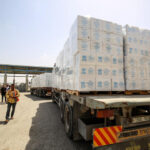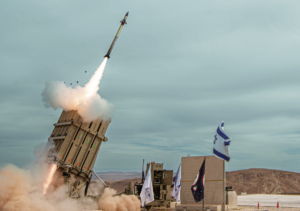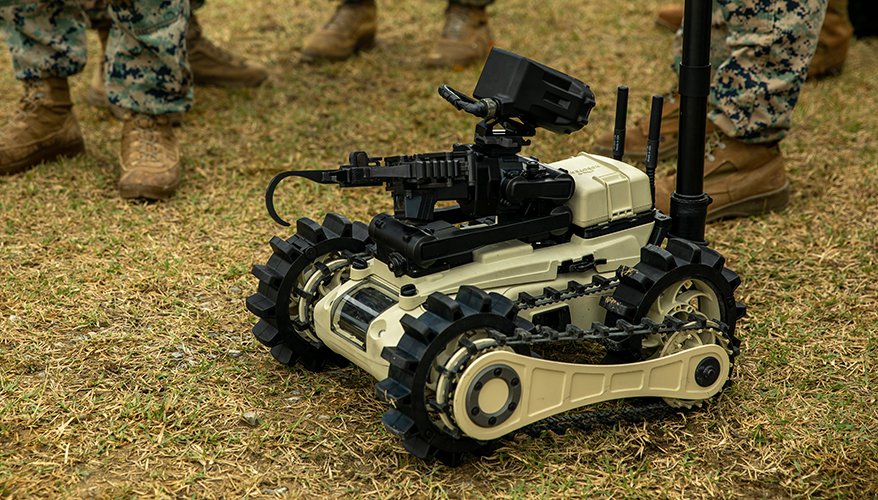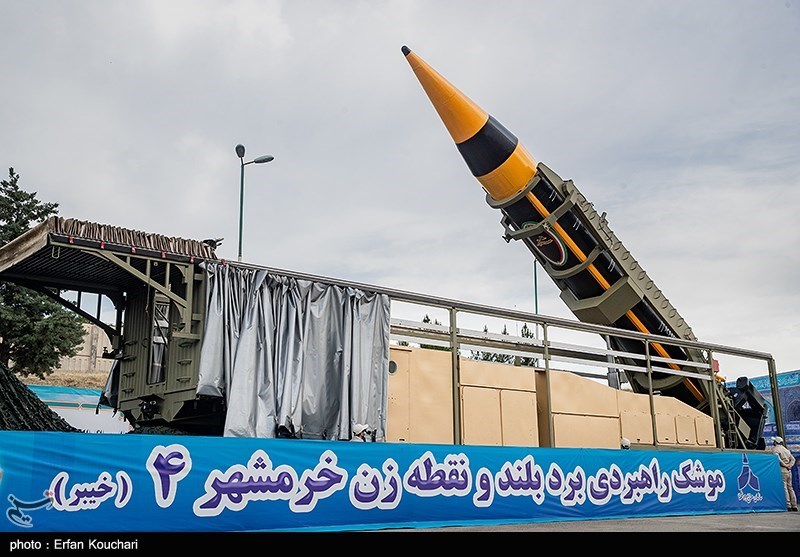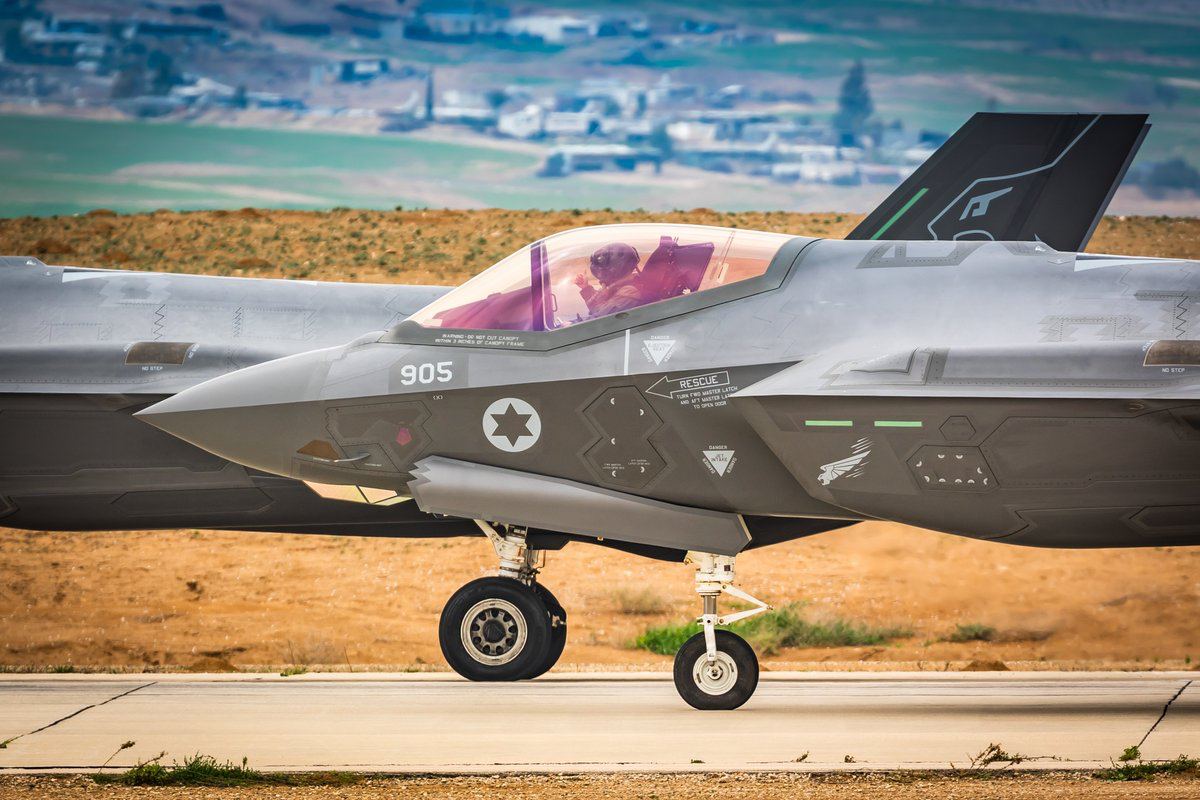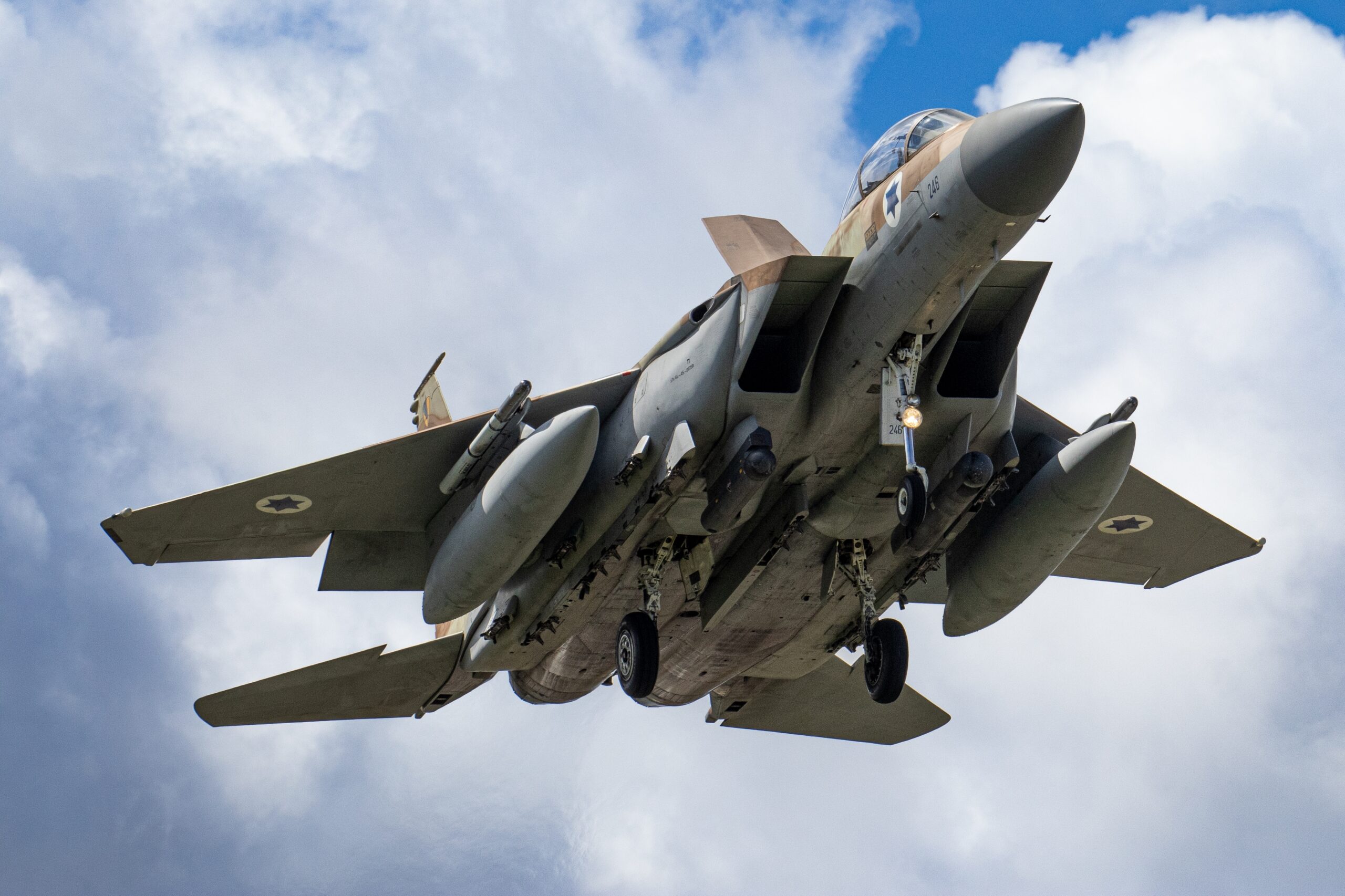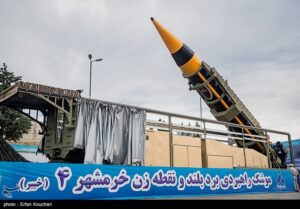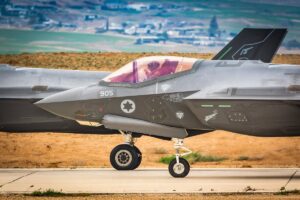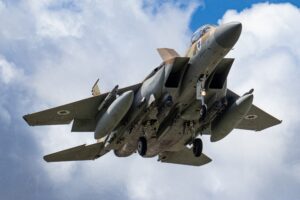Thanks to a deepening defense partnership, Germany has recently shifted its tone on Israel’s war against Hamas.
By Hezy Laing
Israel’s rapid ascent as a global military tech powerhouse is reshaping its strategic influence far beyond the battlefield. Forged in the crucible of constant conflict, Israel’s defense sector has evolved into a dynamic ecosystem where combat experience, high-tech innovation, and global demand converge.
At the heart of this transformation is the tight integration between the IDF, academia, and private tech firms, creating a feedback loop that accelerates innovation. Technologies born in wartime—like drone detection systems, AI-powered surveillance, and mobile tracking tools—are now being exported to allies and tested in foreign theaters like Ukraine and Southeast Asia.
According to Strategy International, Israel ranks first globally in several innovation indicators, including R&D expenditure as a percentage of GDP, university-industry collaboration, and ICT services exports. These metrics aren’t just economic bragging rights—they’re the foundation of Israel’s growing leverage in international defense partnerships.
The war in Gaza and the broader regional instability have only intensified this trend. The global defense sector is undergoing a seismic shift, with traditional arms manufacturers now competing with agile Israeli startups that specialize in AI, robotics, and autonomous systems. Countries facing emerging threats—from drone swarms to cyberattacks—are turning to Israel not just for weapons, but for battle-tested solutions.
This tech-savvy edge gives Israel more than just military superiority—it offers diplomatic currency. By supplying cutting-edge defense tools, Israel strengthens ties with Western powers, builds influence in Asia, and positions itself as an indispensable player in the evolving global security landscape.
Israel’s cutting-edge military technology has quietly reshaped its diplomatic relationships, even with countries that were historically critical or distant. As its defense exports grow—especially in missile defense, drones, and cyber warfare—several nations have begun to soften their stance toward Israel, driven by strategic necessity more than ideological alignment.
Here are some examples:
Germany’s strategic dependence on Israel’s Arrow 3 missile defense system has influenced its stance on the Israeli-Arab conflict. Valued at $3.6 billion, the Arrow 3 deal marks the first deployment of Israel’s exoatmospheric interceptor outside its borders.
Developed jointly by Israel and the U.S., Arrow 3 offers Germany a vital shield against long-range ballistic threats, especially amid rising tensions with Russia and Iran.The Arrow 3 system’s performance during Iranian missile attacks in 2024 reinforced its value, making Germany’s defense calculus inseparable from its relationship with Israel.
Thanks to this deepening defense partnership, Germany has recently shifted its tone on Israel’s war in Gaza. While Chancellor Friedrich Merz confirmed that Germany would not recognize a Palestinian state, Berlin simultaneously imposed a partial freeze on arms exports to Israel, citing humanitarian concerns.
India: Once a vocal supporter of Palestinian causes, India has dramatically deepened defense ties with Israel over the past two decades. Israeli UAVs, radar systems, and border surveillance tech now play a central role in India’s military modernization. This shift has coincided with a more neutral stance on Middle East conflicts.
South Korea: Seoul has increased purchases of Israeli air defense and electronic warfare systems, including radar and anti-drone tech. These deals have led to warmer diplomatic exchanges and joint R&D initiatives.
Philippines: The Duterte and Marcos administrations have embraced Israeli weapons, including armored vehicles and precision-guided munitions. In return, the Philippines has toned down criticism of Israeli operations in Gaza and abstained from several UN votes.
These examples highlight how military tech diplomacy is becoming a powerful tool for Israel—one that can shift alliances, mute criticism, and build influence in regions where traditional diplomacy has struggled.
















